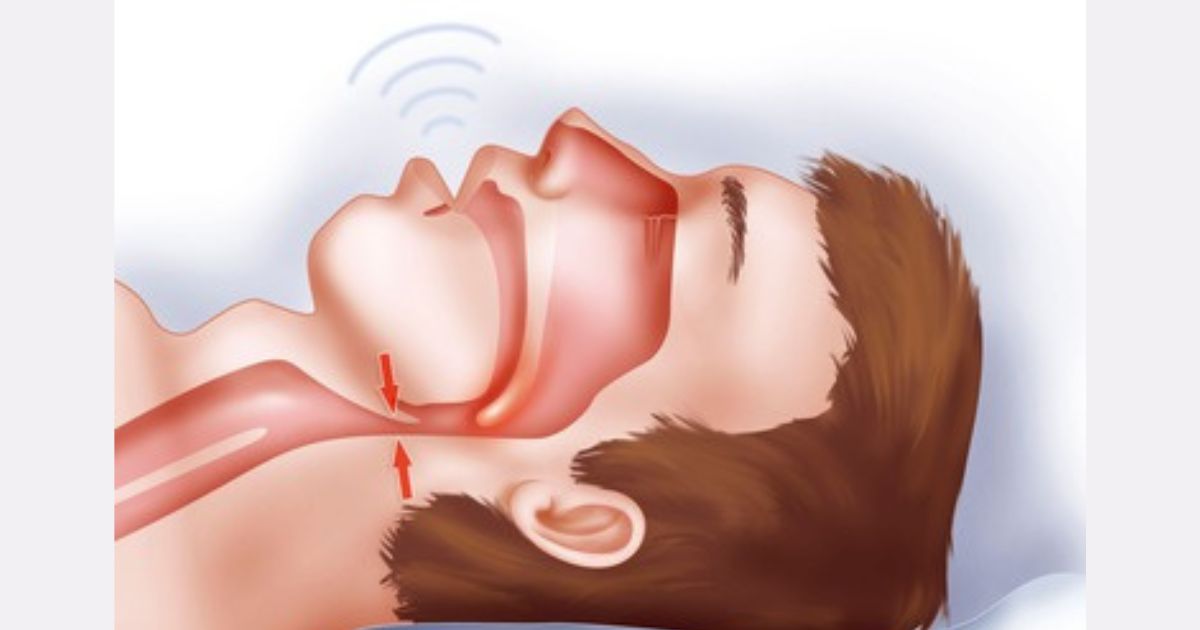Hoarding disorder, a mental health condition characterized by persistent difficulty in parting with possessions and accumulating excessive clutter, affects millions of individuals worldwide. Here’s what you need to know about this often misunderstood disorder and how to support those who struggle with it.
Defining Hoarding Disorder:
Hoarding disorder is a complex mental health condition marked by a compulsive urge to accumulate possessions, leading to overwhelming clutter and difficulty discarding items.
According to experts like Brad Schmidt and Gregory Chasson, individuals with hoarding disorder often experience distress at the thought of parting with their belongings and may also have a strong desire to acquire new items.
Understanding the Causes:
The exact causes of hoarding disorder remain unclear, but it is believed to result from a combination of genetic and environmental factors. Marla Deibler notes that individuals with a family history of hoarding are at increased risk, suggesting a genetic predisposition.
Environmental influences, such as upbringing in a scarcity mindset or attachment to sentimental items, can also contribute to the development of hoarding behaviors.
How to Help Someone Who Hoards:
Supporting individuals with hoarding disorder requires patience, understanding, and a non-judgmental approach.
Brad Schmidt emphasizes the importance of having open, non-confrontational discussions about the negative effects of hoarding on relationships and safety. Avoiding forced cleanouts and working collaboratively with the individual to declutter are essential steps in the process.
Practical Strategies for Assistance:
When assisting someone who hoards, consider organizing piles for items to keep, donate, or discard. Additionally, temporary offloading of excess possessions to a storage unit can provide relief without the pressure of permanent disposal. However, it’s crucial to ensure that this transition remains temporary to prevent the reaccumulation of clutter.
Seeking Professional Help:
Addressing hoarding disorder often requires professional intervention, such as cognitive-behavioral therapy (CBT) or counseling. Seeking guidance from experienced professionals trained in hoarding disorder treatment is essential for addressing underlying issues and facilitating long-term recovery.
Hoarding disorder is a complex mental health condition that requires compassion, patience, and specialized support. By understanding the causes and effects of hoarding disorder and employing effective strategies for assistance, we can help individuals with hoarding disorder regain control of their lives and well-being.








Leave a Reply
You must be logged in to post a comment.